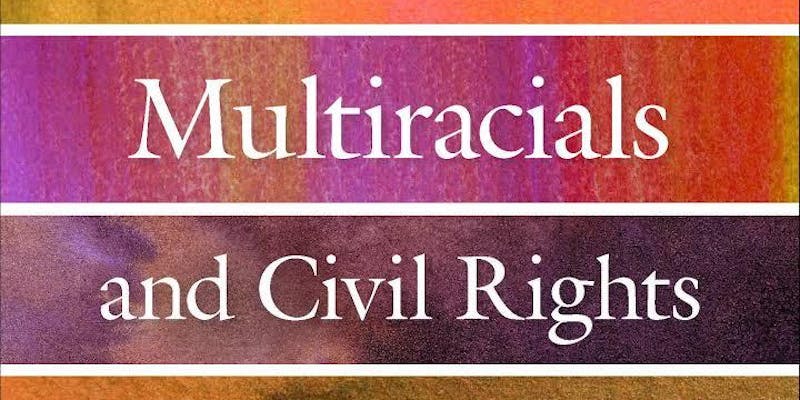Multiracials and Civil Rights – Book Talk with Professor Tanya Katerí HernándezPosted in Law, Live Events, Media Archive, Politics/Public Policy, United States on 2018-09-08 19:29Z by Steven |
Multiracials and Civil Rights – Book Talk with Professor Tanya Katerí Hernández
Columbia Law School
Jerome Greene Hall
Room TBD
435 West 116th Street
New York, New York 10027
2018-09-12, 12:10-13:15 EDT (Local Time)
Tanya Katerí Hernández, Archibald R. Murray Professor of Law
Fordham University School of Law
A Lunchtime Talk hosted by the Center for Gender & Sexuality Law and the Center for the Study of Law and Culture
As the mixed-race population in the United States grows, public fascination with multiracial identity has promoted the belief that racial mixture will destroy racism. However, multiracial people still face discrimination. Many legal scholars hold that this is distinct from the discrimination faced by people of other races, and traditional civil rights laws built on a strict black/white binary need to be reformed to account for cases of discrimination against those identifying as mixed-race. In Multiracials and Civil Rights: Mixed-Race Stories of Discrimination, Tanya Katerí Hernández debunks this idea and draws on a plethora of court cases to demonstrate that multiracials face the same types of discrimination as other racial groups. Hernández argues that multiracial people are primarily targeted for discrimination due to their non-whiteness, and shows how the cases highlight the need to support the existing legal structures instead of a new understanding of civil rights law. The legal and political analysis is enriched with Hernández’s own personal narrative as a mixed-race Afro-Latina. Coming at a time when explicit racism is resurfacing, Hernández’s look at multiracial discrimination cases is essential for fortifying the focus of civil rights law on racial privilege and the lingering legacy of bias against non-whites, and has much to teach us about how to move towards a more egalitarian society.
